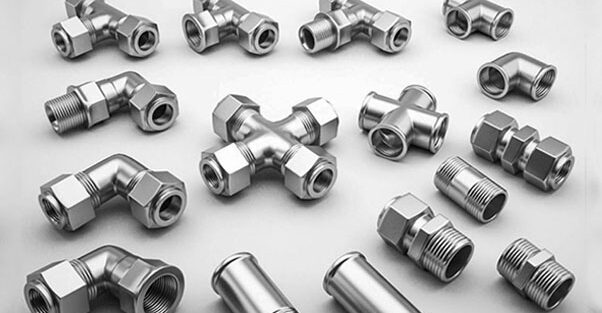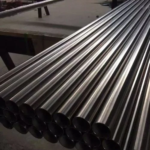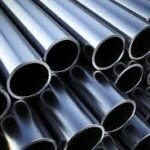Introduction
Tube fittings are critical in oil and gas refineries for joining pieces of tubing and components such as valves or pumps to create a dependable fluid transport system. Depending on the use and operating conditions, there are several tube fittings to choose from, including instrumentation fittings, compression fittings, and flare fittings. Despite their different applications, these tube fittings have certain common purposes, which are:
Holding the tubing in place
Providing a leak-tight seal
Ensuring corrosion resistance
To accomplish these objectives, tube systems employ ferrules. The “ferrule tube fittings” come in single or double ferrules, with each offering a variable level of grip and seal to the tubing. Today, we’ll look at the distinctions between single and double ferrule tube fittings, as well as when each is best suited.
A Comparison of Single and Double Ferrules
A ferrule is a tiny, ring-shaped piece of metal that grips and seals the tube. Ferrule tube fittings typically include a fitting body, a ferrule (single or double), and a nut. When the nut is tightened, compression occurs between the tube and the ferrule, resulting in a secure connection and leak-tight seal.
The application and operating conditions of the fluid system determine whether single or double ferrule fittings are used. The table below provides a broad comparison between single ferrule and double ferrule tube fittings.
| Single Ferrule vs. Double Ferrule Tube Fittings | ||
| Single Ferrule Tube Fitting | Double Ferrule Tube Fitting | |
| Design | This tube fitting seals and grips the tube using a single ferrule. | The fitting has two ferrules: one creates the seal and the other supports grip. |
| Installation | The ferrule compresses against the tube, while the nut tightens to form the seal. | The back ferrule grabs the tube, and the front ferrule forms a tight seal. |
| Operating condition | High-pressure flow tends to produce more vibrations than low-pressure flow. Vibration causes single ferrule tube fittings to lose their grip and sealing qualities, resulting in system failure. As a result, they are incompatible with high-pressure environments. | Double ferrule fittings are appropriate for high temperature and pressure environments because the two ferrule design provides additional grip and a strong connection against system vibration and pressurization. |
Choosing the Right Ferrule Tube Fitting
Leaking connections are a major cause of failure in refinery tubing systems. While welds are useful in many situations, tube fittings can also provide a dependable connection, especially when dealing with issues like vibration fatigue—welds crack, ferrules do not. Ferrule tube fittings are adaptable enough to provide a good seal and grip with a simple installation.
In particular, Newzel Industries’ dual ferrule tube fittings are intended to address these fluid system issues in refineries. These fittings feature:
316/316L stainless steel bodies offer good resistance to corrosive substances.
Enhanced hinging-collecting action gives a strong tube grip and protects the stress riser area by dampening vibration.
Enhanced leak-proof sealing is suited for even the tiniest molecule gas systems.
The live-loaded design can easily withstand fast temperature or pressure changes.
Reliable Connections with Aashish Metals Tube Fittings
The components used determine the safety and dependability of fluid system functioning. Although the latter provides a more secure connection, the decision between single ferrule and double ferrule tube fittings should be based on the process condition and cost-effectiveness sought for the individual application.




